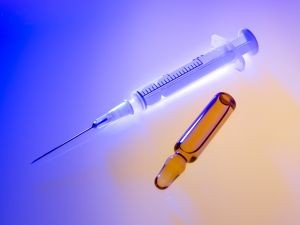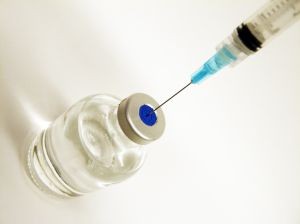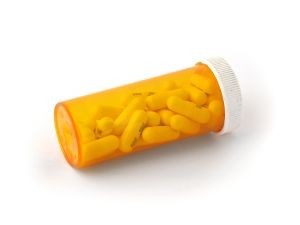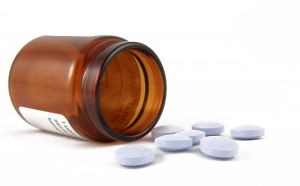There is a good chance that the millions of people watching this year’s Super Bowl will see a commercial for Xarelto. Xarelto, with a generic name rivaroxaban, is making hundreds of millions of dollars for Beyer and Janssen (a wholly owned Johnson & Johnson subsidiary), and these companies will take any chance they can get to increased sales.
 Xarelto is a often called a blood thinning medication like Warfarin (Coumadin), which is its biggest competitor, but it is actually an anticoagulant. Xarelto serves the same purpose as a blood thinner, but workers differently. A blood thinner, as the name implies, thins a patient’s blood, and this makes it more difficult for blood clots to form. There is nothing wrong with clotting when we are talking about a cut that is bleeding. The human body produces platelets to form clots to stop bleeding when a laceration occurs. Continue reading
Xarelto is a often called a blood thinning medication like Warfarin (Coumadin), which is its biggest competitor, but it is actually an anticoagulant. Xarelto serves the same purpose as a blood thinner, but workers differently. A blood thinner, as the name implies, thins a patient’s blood, and this makes it more difficult for blood clots to form. There is nothing wrong with clotting when we are talking about a cut that is bleeding. The human body produces platelets to form clots to stop bleeding when a laceration occurs. Continue reading
 Product Liability Lawyer Blog
Product Liability Lawyer Blog







